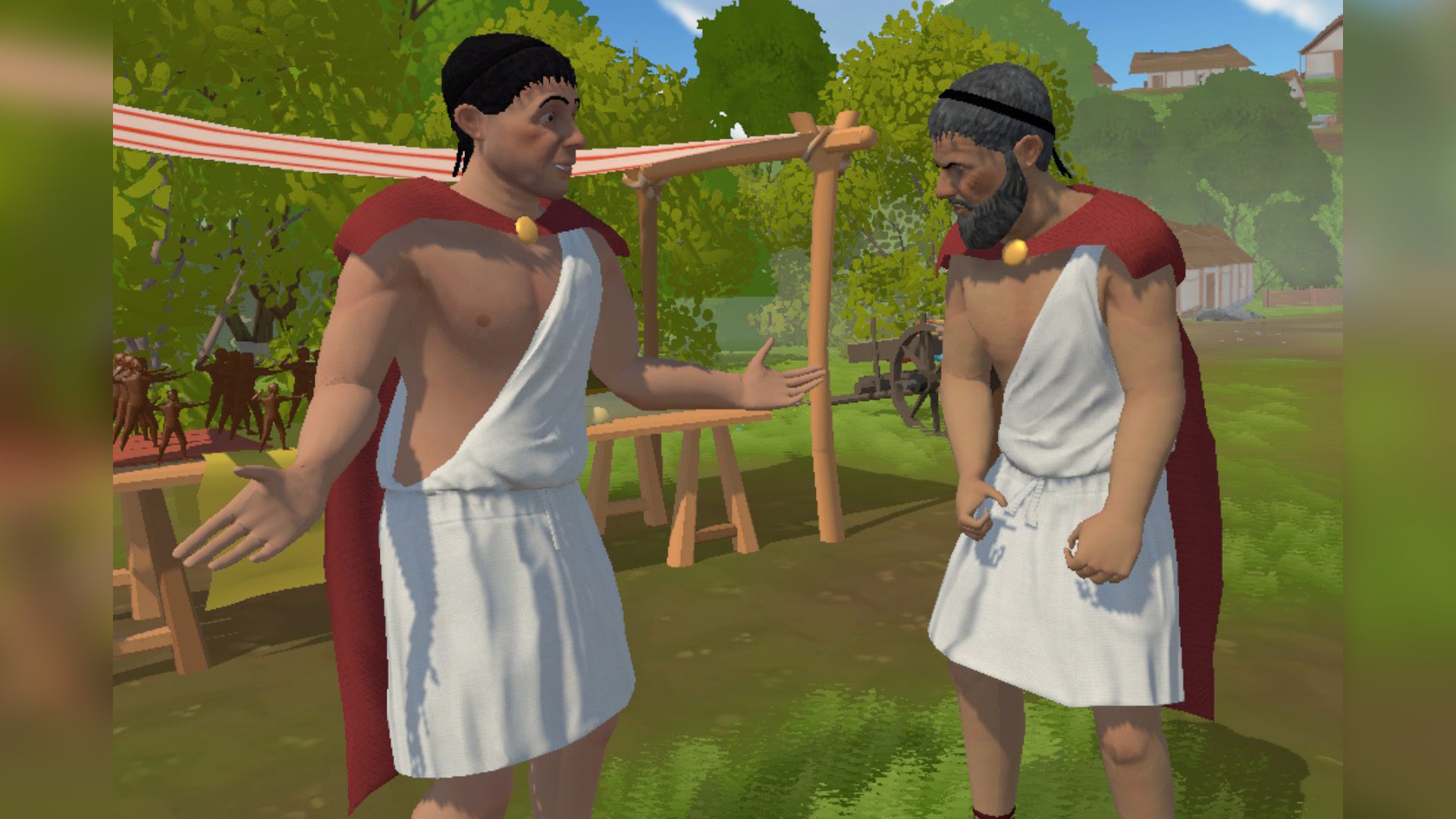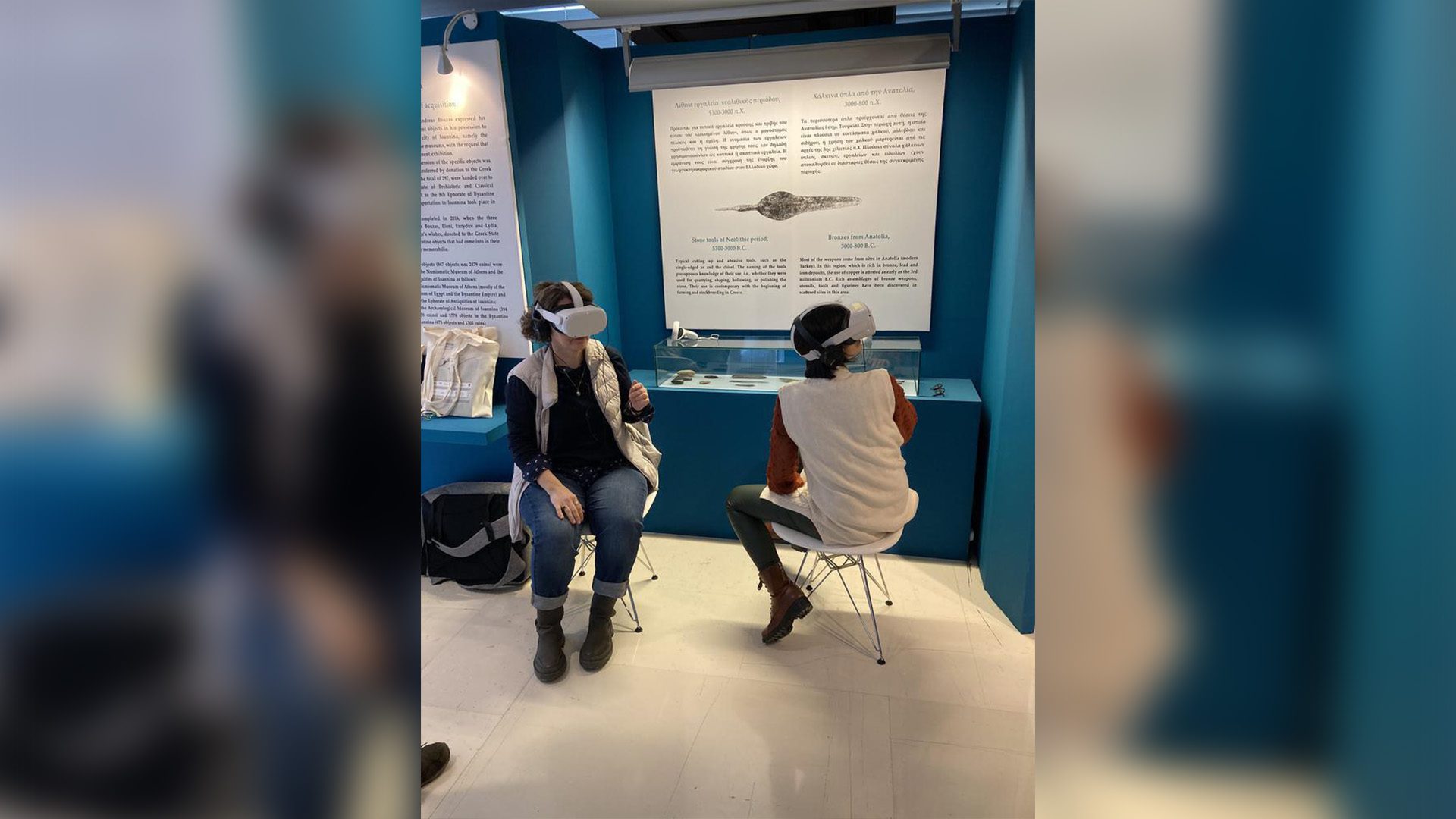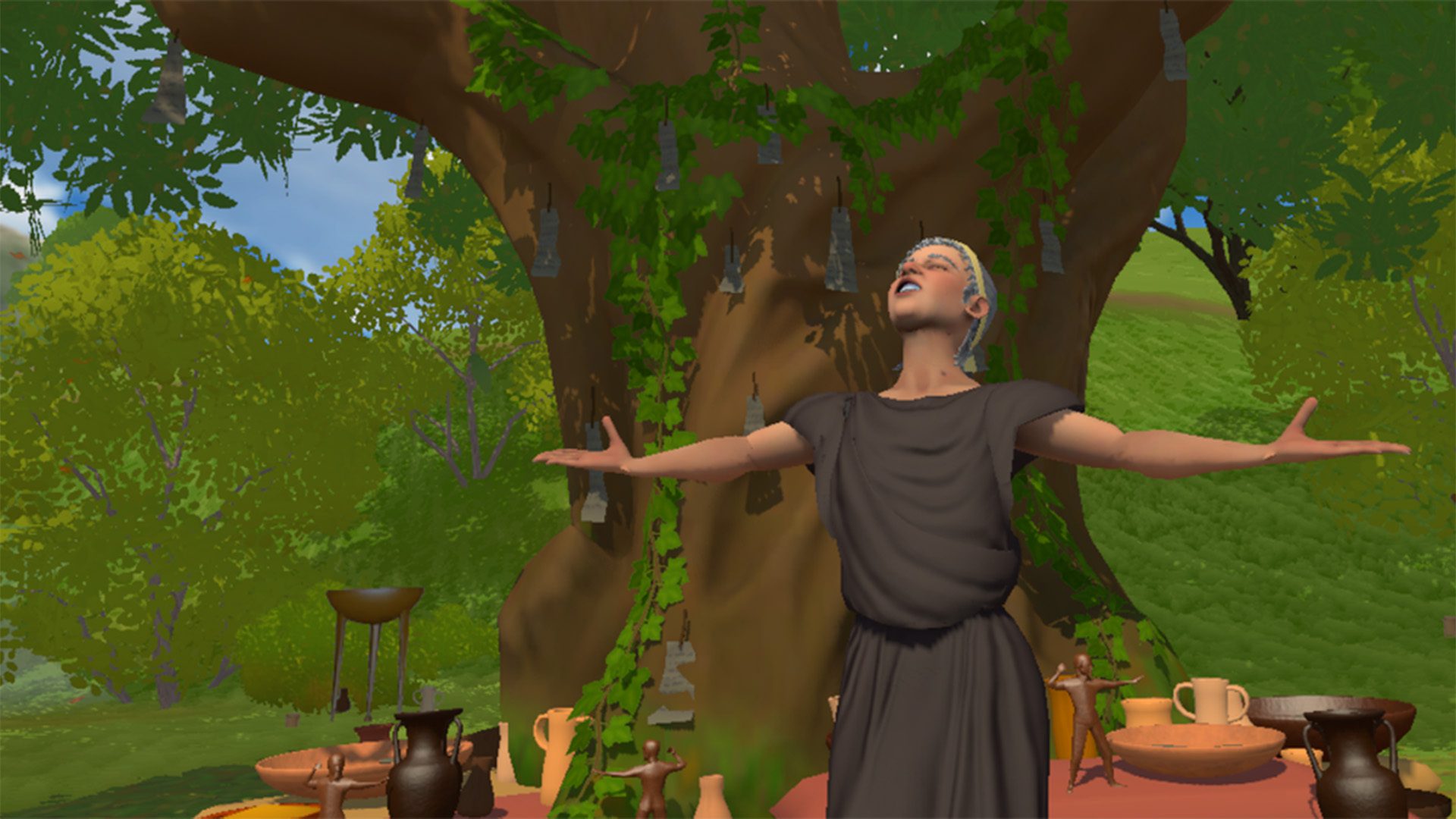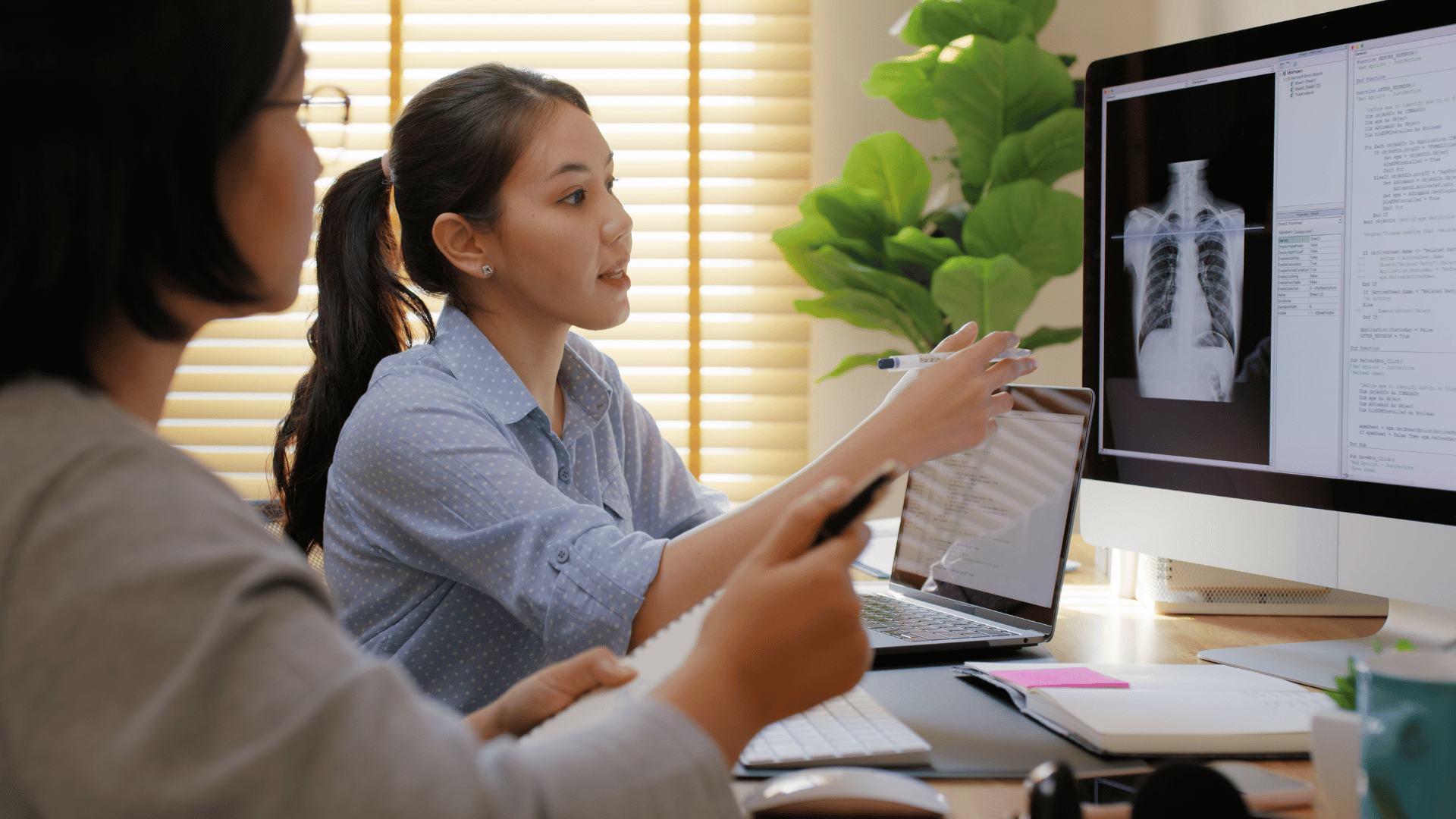A new VR experience, developed by a team of academics led by the University of Bristol, allows users to take a journey back in time to ancient Greece.

The goal of the VR project is to enhance the historical understanding of ancient Greek oracle consultation and to explore possible uses of VR technology in classrooms, museums, and cultural settings. The project also aims to provide insights regarding sensory processing and brain activity in VR users.
The Virtual Reality Oracle experience is designed to give users a first-hand experience of what it was like to consult the Greek god Zeus at the Oracle of Dodona. An oracle was a site where ancient Greek men and women would ask the gods to answer questions about the past, present, or future. Questions would often be written down on lead tablets, many of which have survived to the present day.

Dodona in Epirus, located in northwestern Greece, was one of the oldest oracle sites. Dating back to the second millennium BCE, some of the earliest recorded accounts describe Dodana as an oracle of Zeus. The site remained an important religious sanctuary until the rise of Christianity during the late Roman era and it was second in reputation only to the more famous Oracle of Delphi.
Project lead Professor Esther Eidinow from the University of Bristol’s Department of Classics and Ancient History said, “Oracles helped ancient society to cope with uncertainty and risk. We are focusing on the oracle at Dodona because thousands of questions have survived from the site, written on lead tablets. They show that the oracle was consulted not only by community leaders but also by ordinary men and women, including enslaved people. Studying Dodona can help us to understand their experiences better: both how they responded to uncertainty, and how they related to the gods. This project can help us to better understand both ancient and modern experiences —ancient experiences of a religious ritual and modern experiences of an immersive historical environment.”

The new VR experience draws on ancient evidence to imagine a visit to the oracle of Zeus in 465 BCE. Players can choose one of three pathways to meet other pilgrims and hear their stories before they pose their own questions to the priestesses of Zeus.
“In order to create the best VR experience we involved teachers, students, and museums in the design process through co-production, as well as supporting them as users of the final product. This approach could have significant findings for enhancing the design and effectiveness of digital cultural experiences, specifically immersive experiences, for use in museum/heritage and educational contexts,” stated Professor Kirsten Cater from Bristol’s Department of Computer Science.
The Virtual Reality Oracle experience is available for free download across multiple platforms. One version compatible with Google Andriod-based smartphones is available on Google Play and can be combined with VR headsets to easily access the VR experience. VR users with Quest/Quest 2 headsets can download the app directly from the Meta Store. Additionally, a 360-degree video version compatible with desktop computers and tablets is available on YouTube.
“This creative study of ancient history will allow us to make cutting-edge advances in the psychological use of modern technology. In examining the experience of an oracle, our methods are revealing what it is like to feel present in that place and moment—almost like a form of time travel to better understand the past. This will also help with future VR development as we’ll have a richer understanding of the role of multisensory processing and integration to help make VR seem real. The nature of the oracle experience, being something novel for modern people, provides a good basis for creating other virtual experiences outside of our daily lives.” stated Dr. Michael Proulx from the University of Bath’s Department of Psychology.







